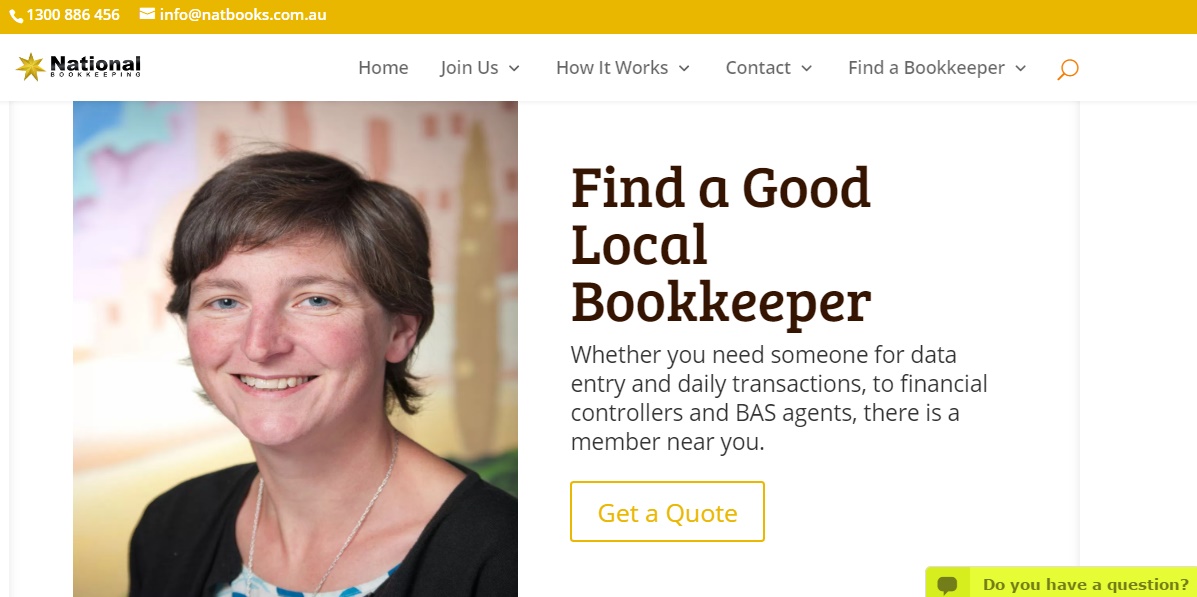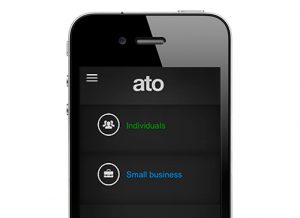Show me the money!

IN OUR BRAND NEW Cash Flow, Budgets and ROI Xero Training Course, you’ll learn how to generate a cash flow report for your business.
Cash flow reports show the money going in and out of the business, so they’re better indicators of a business’s overall financial health than a Profit and Loss statement (P&L).
A cash flow report enables you to make forecasts and budgets for your business based on previous trends — recurring expenses, average time to get paid, seasonal quiet periods, and so forth.
The 3 cash flow categories
Cash flow reports are typically broken up into three categories:
- Operating activities: cash flowing in and out of the business from revenue-generating activities
- Investing activities: cash flowing in and out of the business from the acquisition and sale of long-term assets
- Financing activities: cash flowing in and out of the business from borrowings and changes in equity.
Items in a cash flow report
In our Cash Flow, Budgets and ROI Xero Training Course, you’ll learn how to generate a cash flow report in Xero. That report will show every transaction that’s run in and out of your business, divided among one of the three categories.
In the operating activities category, you’ll typically find things like costs associated with any training courses or seminars, advertising and marketing expenses, income or commissions from your business, subscriptions to any magazines or periodicals, etc.
Under the investing activities category, you’ll find the cost of purchasing office or warehouse space and the capitalised borrowing cost, for example.
The financing activities category will show the loan you’ve taken out to purchase your business’s office or warehouse space.
You’ll learn how to generate and work with cash flow reports in our new Cash Flow Reporting, Budgets and ROI Training Course. ENROL now or read more about the benefits of cash flow reporting to your business. Are you a sole trader or contractor needing to record your ongoing expenses? We cover that too!

Our Xero online training courses include EVERYTHING for ONE LOW PRICE. Furthermore, if you select our Lifetime Membership option, you’ll have LIFETIME access to our ongoing course updates. All EzyLearn courses are accredited by the Institute of Certified Bookkeepers (ICB) and can be counted towards Continuing Professional Development (CPD) points. Find out more about our Xero online training courses. Or learn more about our entire suite of online software training packages and social media training packages.











 This free app, by ASIC MoneySmart, lets you connect your bank account to the app, categorise your expenses, nominate a spending limit, and create expense reminders that can be sent to as text messages ahead of their due date.
This free app, by ASIC MoneySmart, lets you connect your bank account to the app, categorise your expenses, nominate a spending limit, and create expense reminders that can be sent to as text messages ahead of their due date.  If you didn’t know it already, the Australian Tax Office has its own mobile app. It allows you to access the ATO’s online services, lodge and track your tax return (yes, right from your mobile phone), work out key tax dates and access tools and calculators.
If you didn’t know it already, the Australian Tax Office has its own mobile app. It allows you to access the ATO’s online services, lodge and track your tax return (yes, right from your mobile phone), work out key tax dates and access tools and calculators. 




















